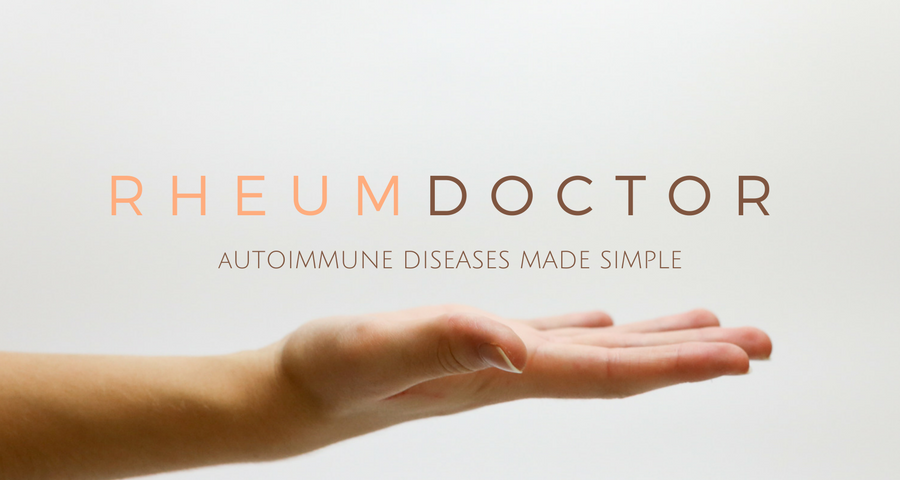A cytokine is a type of protein in the body that helps cells communicate. Here are some types of cytokines:
- Lymphokines: Cytokines produced by lymphocytes
- Monokines: Cytokines produced by monocytes
- Chemokines: Cytokines that attract other cells
- Interleukin (IL-): Cytokines produced by leukocytes that help regulate the immune system.
Sometimes cells make cytokines and those cytokines directly affect them. This is autocrine action. If the cell makes a cytokine and it affects a nearby cell, this is paracrine action. Finally, if a cell makes a cytokine and it affects distant cells, this is endocrine action.
How are cytokines and autoimmune diseases related?
Researchers have identified many cytokines such as IL-1β, IL-6, IL-17, and TNF-α that play an important role in autoimmune diseases. This information is then used to make biologic medications that specifically block problematic cytokines.
References
Image of interleukin 6 molecule by Ramin Herati [Public domain], via Wikimedia Commons


